The Future of Cyber Security Experts: Emerging Trends in 2025
- 1 min read
Discover key cyber security trends in 2025 shaping how experts defend digital ecosystems, from AI-driven defense to zero trust frameworks.
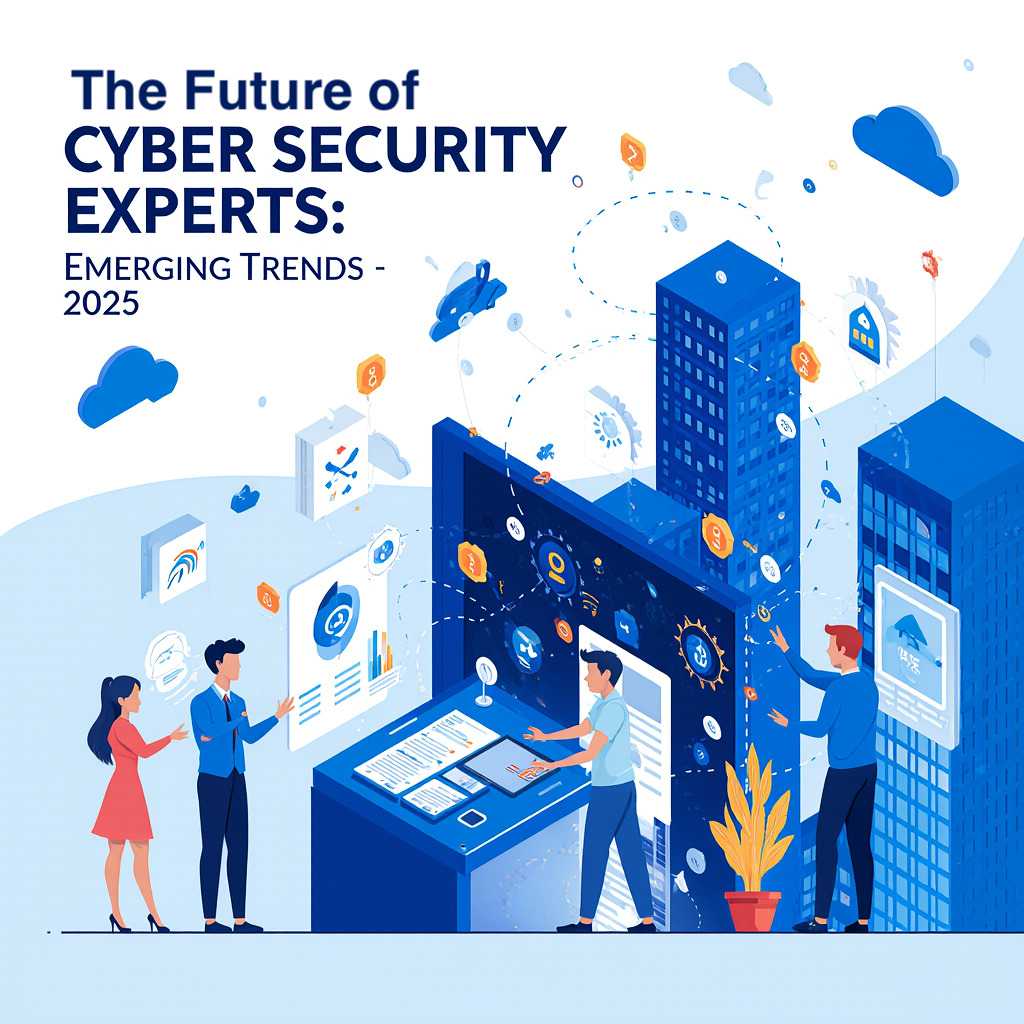
Introduction
As the digital economy accelerates, cyber security experts in 2025 stand at the frontlines of a rapidly evolving threat landscape. Global businesses are expanding their data-driven operations, but with this comes a surge in sophisticated attacks that demand smarter and faster responses.
In this new landscape, the role of cyber security professionals is transforming, from traditional defense to proactive threat anticipation powered by automation and AI. Organizations are no longer just protecting networks; they are engineering resilience.
At Euro IT Sourcing, we closely observe how European enterprises adapt to these challenges, integrating advanced security strategies and sourcing specialized talent to safeguard mission-critical systems.
The Challenge: Evolving Threats Require Evolving Expertise
Modern enterprises face complex, multi-vector attacks targeting hybrid infrastructures, remote endpoints, and supply chains. The challenge is not only technical — it’s also strategic.
Key pain points include:
- A shortage of skilled cyber professionals with expertise in AI-driven defense.
- Rising attack surfaces from cloud migration and IoT adoption.
- Increasing compliance demands from GDPR, NIS2, and ISO 27001 frameworks.
- Persistent ransomware and phishing schemes that bypass traditional firewalls.
According to ENISA’s Threat Landscape 2024, ransomware and social engineering remain among the top threats to European organizations, with over 40% of incidents involving human error or insufficient response protocols.
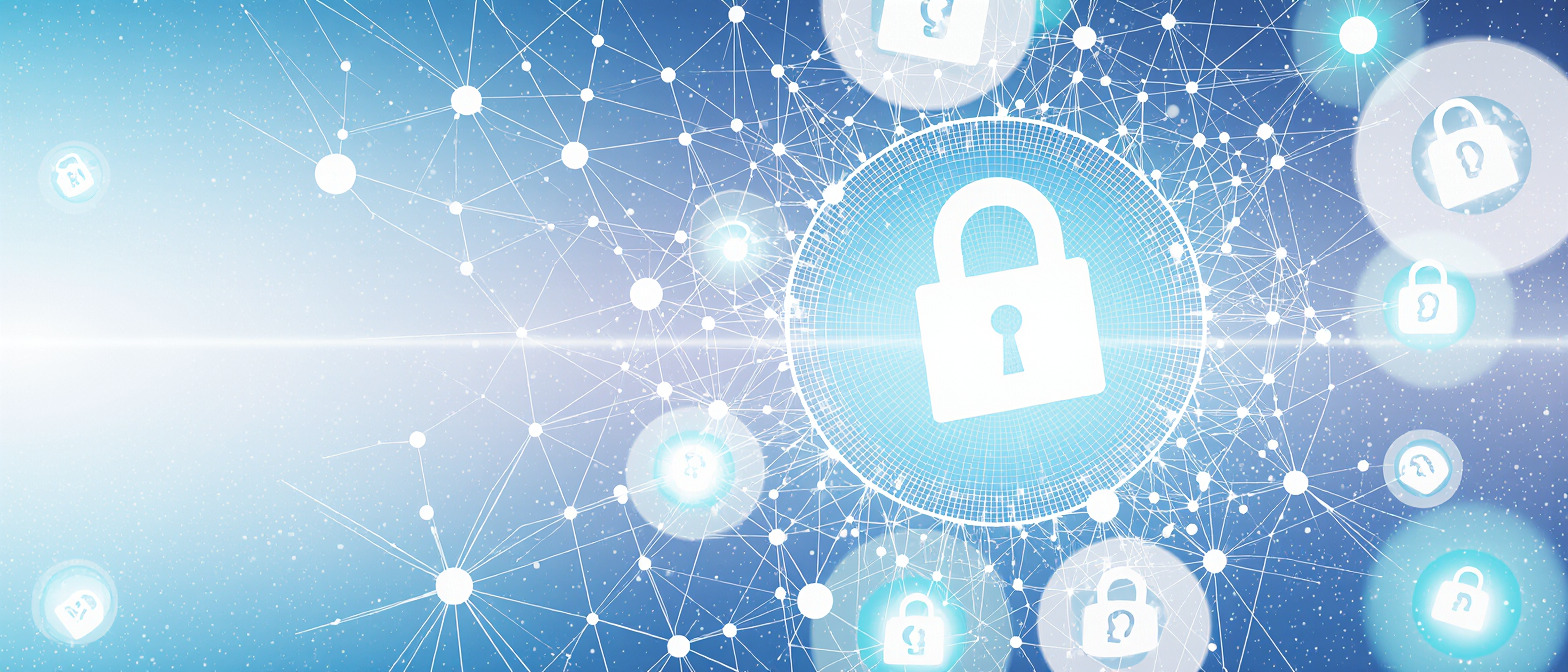
The Approach: New Skills and Adaptive Models
Cyber security experts in 2025 are expanding their capabilities beyond defensive monitoring. The future demands strategic, analytical, and automation-ready skill sets.
Top emerging competencies include:
- AI and machine learning security analytics for automated anomaly detection.
- DevSecOps integration ensuring security throughout the software lifecycle.
- Incident response orchestration leveraging automation tools.
- Cloud-native security skills for AWS, Azure, and Google Cloud ecosystems.
- Risk quantification and compliance intelligence to align business and security priorities.
The growing integration of security operations centers (SOCs) with AI-powered automation is redefining how threats are analyzed and mitigated. Cyber teams now collaborate with data scientists and software engineers to create adaptive defense systems capable of real-time learning.
The Technology Factor: AI, Zero Trust, and Beyond
The 2025 cyber defense ecosystem is shaped by three core pillars:
1. Artificial Intelligence and Automation
AI-driven platforms enhance threat intelligence and predictive analysis, identifying attack vectors before they occur. Tools such as Microsoft Sentinel and IBM QRadar now integrate AI layers that continuously evolve based on global threat feeds.
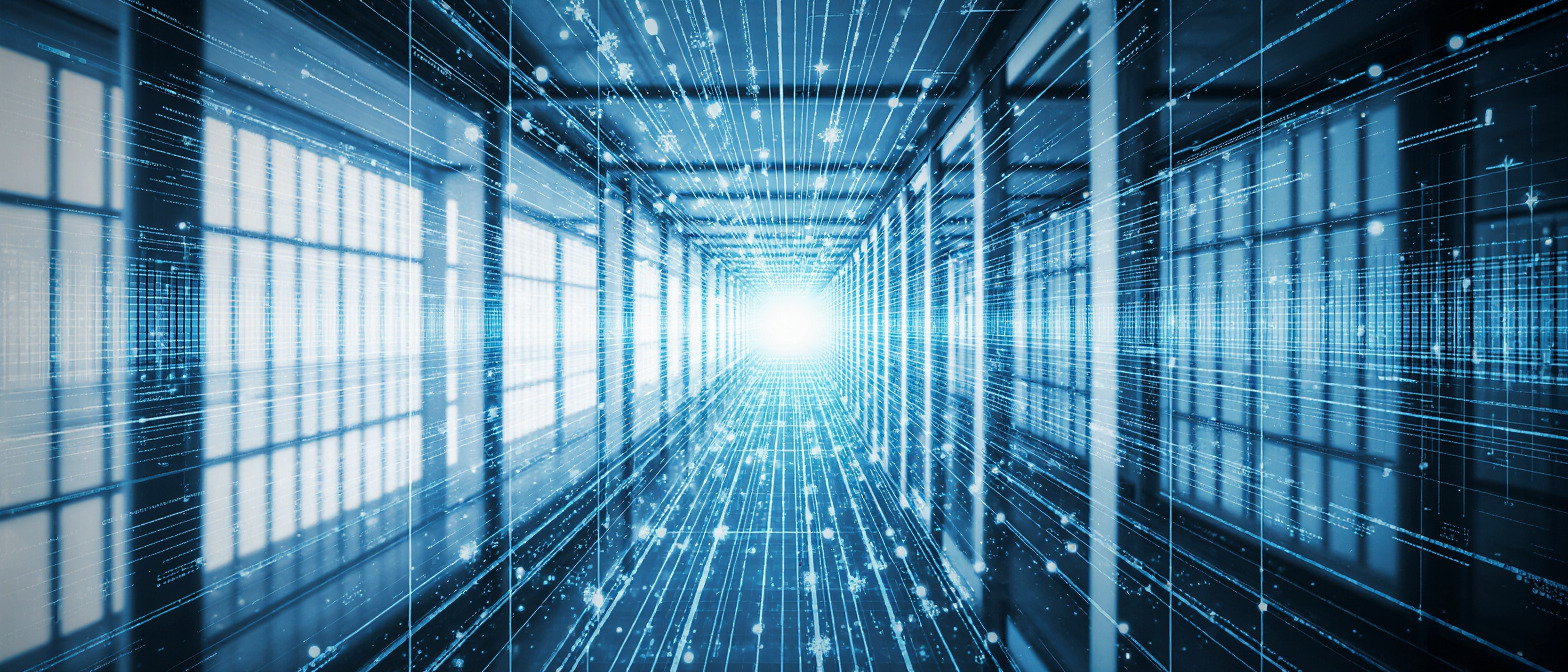
2. Zero Trust Architecture
“Never trust, always verify” is no longer optional. Enterprises are building zero trust frameworks that eliminate implicit access, verifying every user and device at every step. This model is especially critical for hybrid and remote environments.
3. Quantum-Resilient Encryption
As quantum computing progresses, post-quantum cryptography is becoming a strategic priority. The NIST post-quantum cryptography standards set to be finalized by 2025 are already guiding enterprise readiness.
For further reading, see NIST’s Post-Quantum Cryptography Project.
Industry Insight
Recent data from Gartner’s Cybersecurity Outlook 2025 projects that by 2026, 60% of organizations will prioritize cybersecurity resilience over incident prevention alone. Meanwhile, Statista reports the global cybersecurity workforce gap surpassing 4 million unfilled roles, driving strong demand for flexible, outsourced expertise.
European businesses are particularly focused on supply chain risk management, with 71% of CISOs citing third-party exposure as their primary concern. This trend underscores the shift toward strategic security partnerships and specialized IT sourcing models.
Euro IT Sourcing Perspective
From our experience working with European tech firms, the demand for specialized cyber expertise is accelerating. Clients are increasingly seeking teams that can blend security automation, compliance management, and continuous monitoring.
Euro IT Sourcing enables partners to scale cyber security capabilities by integrating skilled European engineers and analysts equipped with the latest AI and cloud-native security tools. Our collaborations often focus on:
- Enhancing detection and response time through automated SOC environments.
- Building resilience against supply chain and identity-based attacks.
- Integrating compliance frameworks into daily operations for proactive audit readiness.
Rather than simply filling roles, we help organizations embed a culture of security intelligence that evolves with their technology stack.
Results or Impact
Organizations adopting adaptive, AI-supported cyber defense models have demonstrated measurable gains:
- 45% faster incident response times through automation and orchestration.
- 30% reduction in security operation costs via optimized staffing and tooling.
- Higher compliance maturity, with continuous audit readiness across regions.
- Enhanced trust and customer retention, thanks to improved data governance.
These benchmarks align with findings from McKinsey’s 2025 Cyber Resilience Report, which links resilient security operations to higher business agility and lower operational risk.
Key Takeaways
- Cyber security in 2025 is defined by AI-driven defense and zero trust strategies.
- Skills in automation, DevSecOps, and cloud security are now critical for experts.
- European enterprises increasingly rely on outsourced cyber expertise for scalability.
- Regulatory compliance and resilience have overtaken prevention as the top priorities.
- The future of cyber security is collaborative, adaptive, and intelligence-led.
Author & Contact
Author: Matt Borekci Contact Us: Euro IT Sourcing
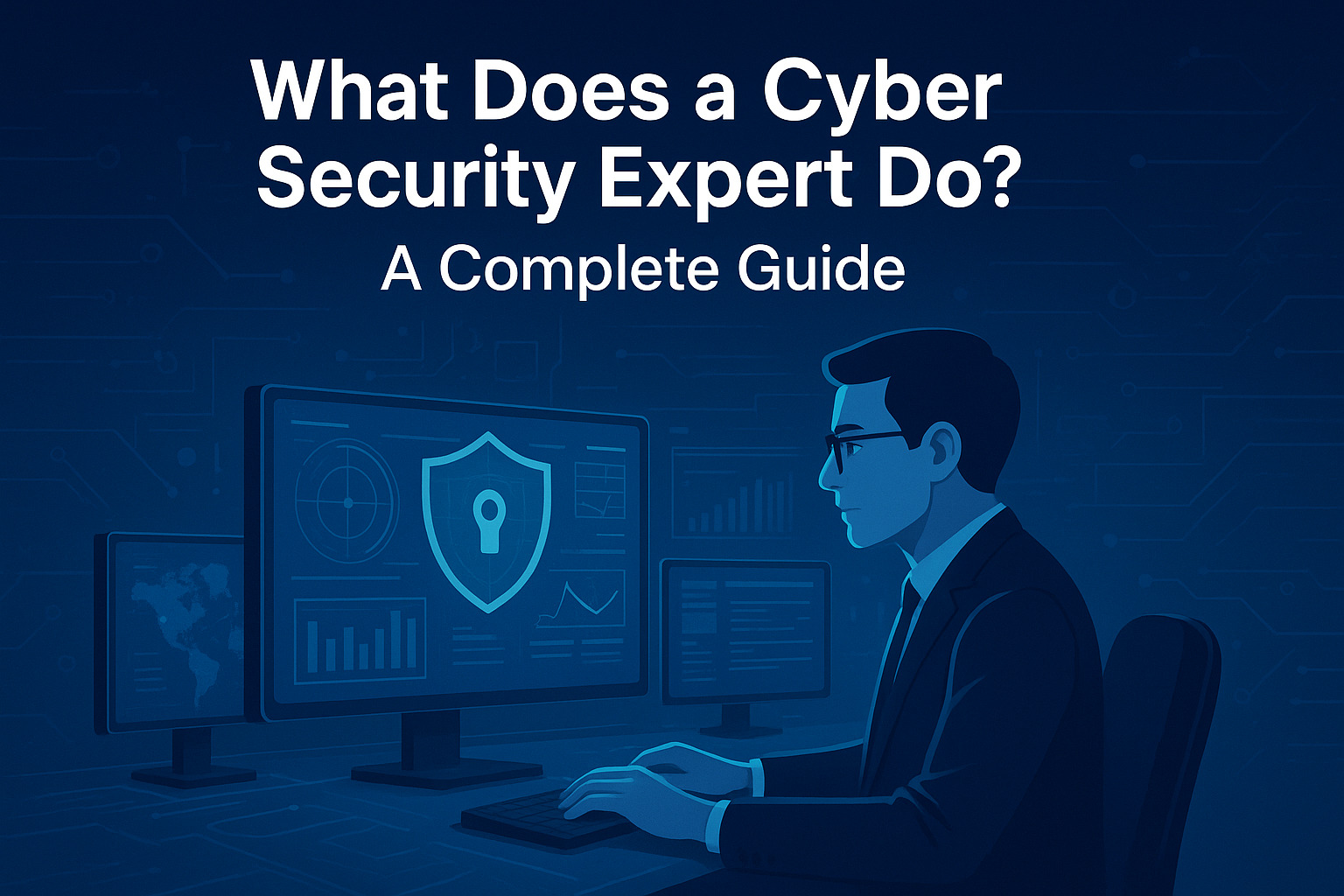
What Does a Cyber Security Expert Do? A Complete Guide
Discover what a cyber security expert does, their roles, skills, and how they protect businesses from digital threats.
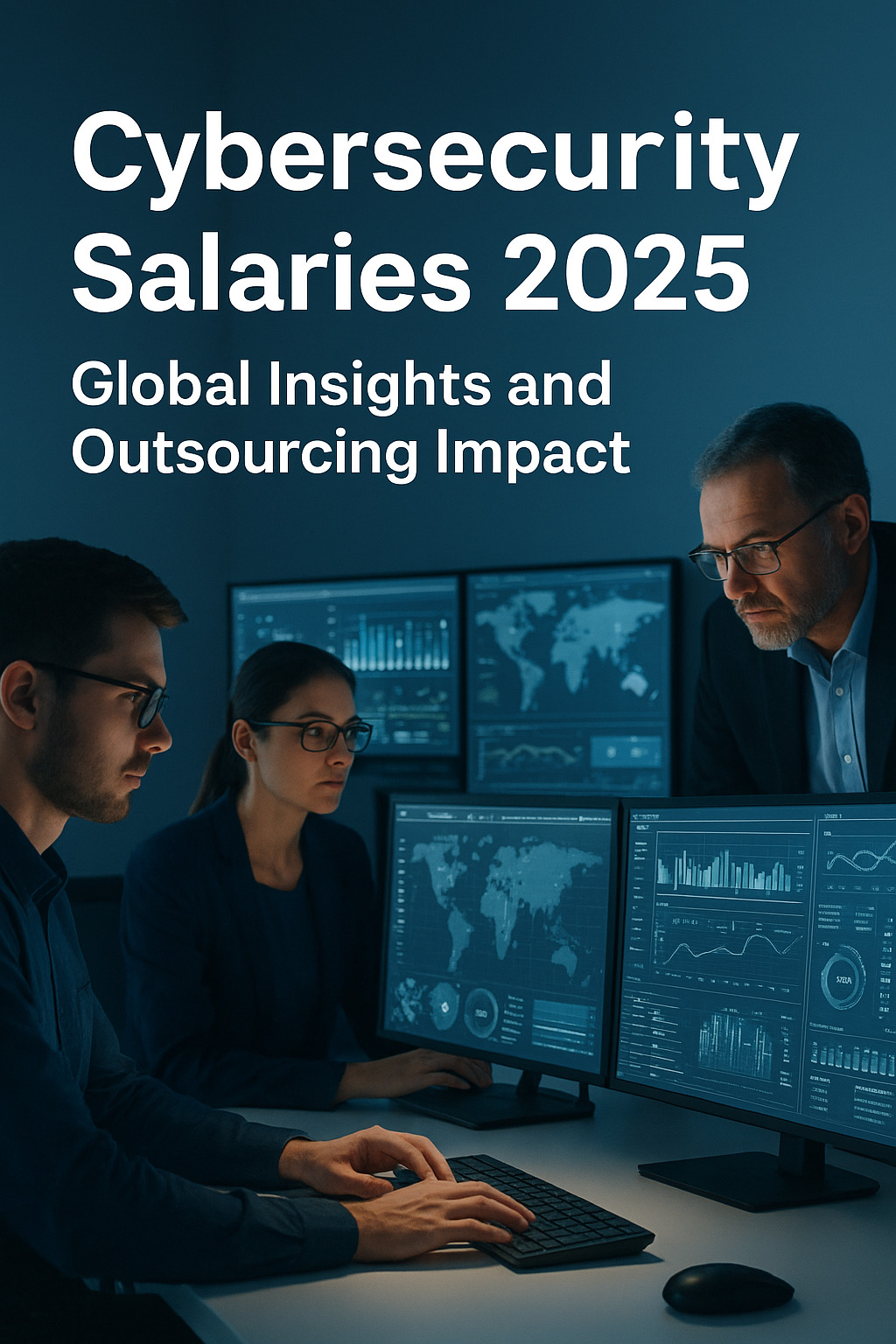
How Much Does a Cyber Security Expert Earn? Salary Insights for 2025
Explore 2025 cybersecurity salary trends, including global averages, roles in demand, and how outsourcing impacts IT security hiring.